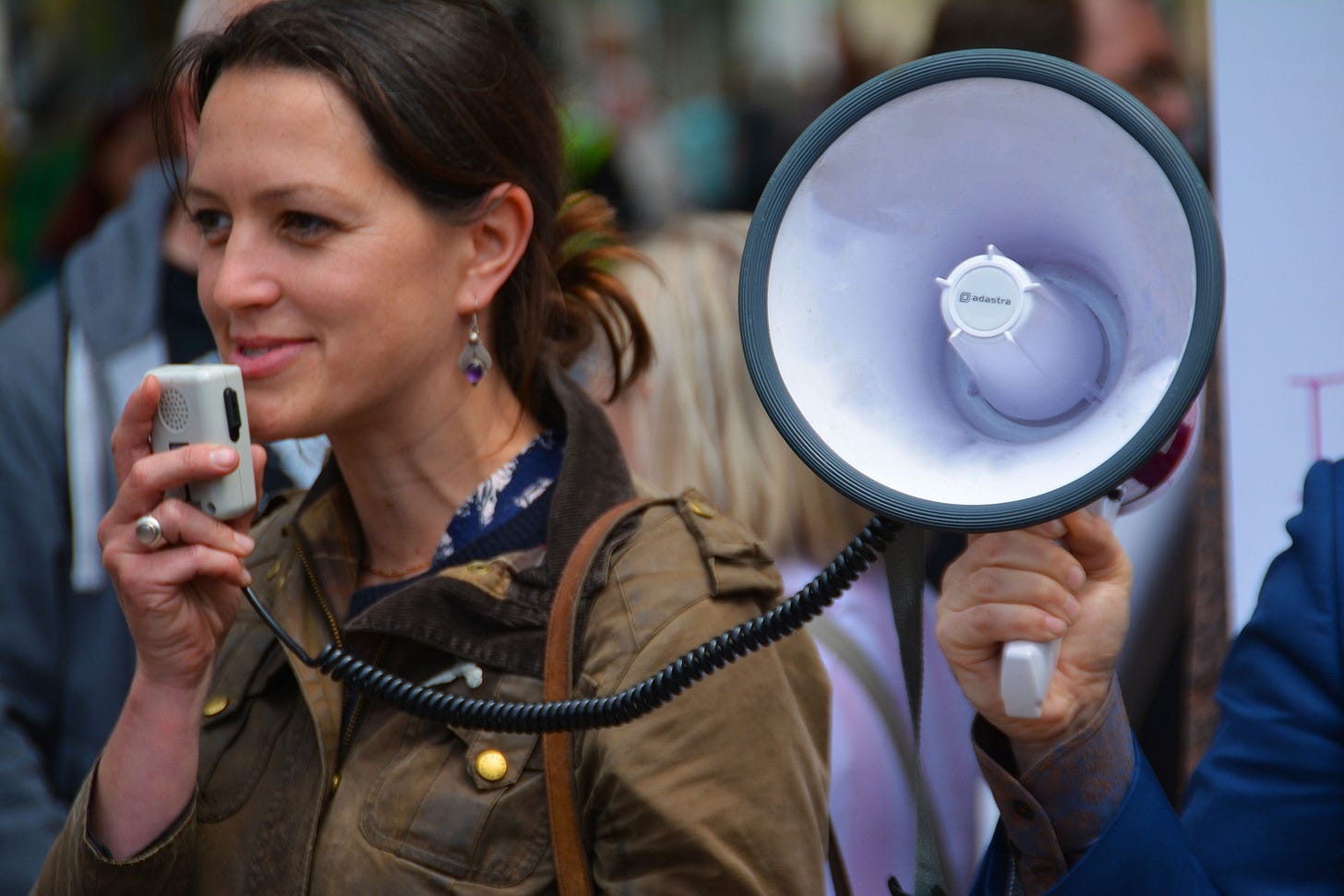BY MOLLY STALEY

During a special meeting of the Edmonton City Council on February 14, 53 representatives signed up to speak about the proposed Public Spaces Bylaw, resulting in an almost 12-hour meeting and very vocal opposition from different community groups.
The Public Spaces Bylaw (Bylaw 20700) was proposed to “regulate the City's public spaces and other areas in a manner that supports fairness, fosters safe and viable communities and the well-being of the environment, and promotes responsible stewardship of City assets and resources." It would outline the governing of "any space in the City of Edmonton that is open and accessible to the general public including parks, transit, sidewalks and other open areas," according to the City of Edmonton administration.
The bylaw would consolidate and replace three of the City of Edmonton's current bylaws: Parkland Bylaw 2202, Conduct of Transit Passengers Bylaw 8353, and Public Places Bylaw 14614 . Most of the three conglomerating bylaws remain unchanged, with some minor tweaking. However, the significant changes include:
Prohibiting any public drug use, panhandling near roads, and loitering in transit spaces.
Limiting space for temporary shelters on public property.
Requiring permits for gatherings of more than 50 people in any public space, and
Banning sound amplification systems without a permit.
The vast majority of the speakers opposed the changes.
Some notable opposing groups included the City of Edmonton Youth Council, Pride Corner on Whyte, Tawâw Outreach Collective, and Dr. Elaine Hyshka, a Canada Research Chair in Health Systems Innovation at the University of Alberta's School of Public Health.
In May 2023, 6,425 Edmontonians completed the city’s online survey and shared their opinions on Edmonton's public spaces. The Public Spaces Bylaw Report presents a high-level overview of the feedback. Residents were most concerned with open drug use, the misuse of family-friendly spaces during peak times, and those sleeping in public spaces overnight. The surveyed Edmontonians also expressed the need for safe public sidewalks, transit stations, and transit stops.
During the February meeting, opposing groups expressed concern about the further marginalization of houseless people, those experiencing substance abuse issues, and the limitation of people's right to free speech. Some community advocates quickly pointed out the curious timing of the council's decision to bring forward the bylaw.
"Given the big-stick police response to encampments during the coldest week of the year and the Federal Housing Advocate's recent advisement that encampments are a basic human right, the scope of this bylaw is surprising, to say the least," said Christina Ignacio-Deines, an Alberta Avenue Community member, parent, and local business owner.
Freelance journalist Zach Dafoe has been monitoring the Edmonton City Council's activities since the recent encampment removal crisis began. "It seems to me that, despite the performative call for a ‘state of emergency on homelessness’ made by our city, the actions that immediately follow are just pushing harder and harder to criminalize unhoused community members," he observed.
Edmonton business sector representatives, including members of the Edmonton Chamber of Commerce and the Downtown Business Association of Edmonton, presented in favour of the bylaw.
"We supported the bylaw because it makes doing business in Edmonton easier and safer for people accessing those businesses," said Akanksha Bhatnagar, Director of Communications and Marketing for the Edmonton Chamber of Commerce. Bhatnagar added that, although the Edmonton Chamber of Commerce is in favour, they want to see better wrap-around services for our vulnerable community.
"We need better housing, access to health care, better programs for them to access – but this bylaw doesn't address those pieces."
In a 9-0 vote, the council sent the bylaw back to the administration for amendments. Commenting on why the council voted to amend the bylaw, Councillor Andrew Knack said, "There's this tension between compassion and wanting to feel safe, and it's hard to navigate." He stressed that the bylaw presented was a first draft and that the council would take the opposition's comments seriously.
The council has agreed to have an amended bylaw ready between July and late August.
Molly is a journalist and communications specialist in Edmonton, Alberta. More than writing, she loves her pug, Garry.




